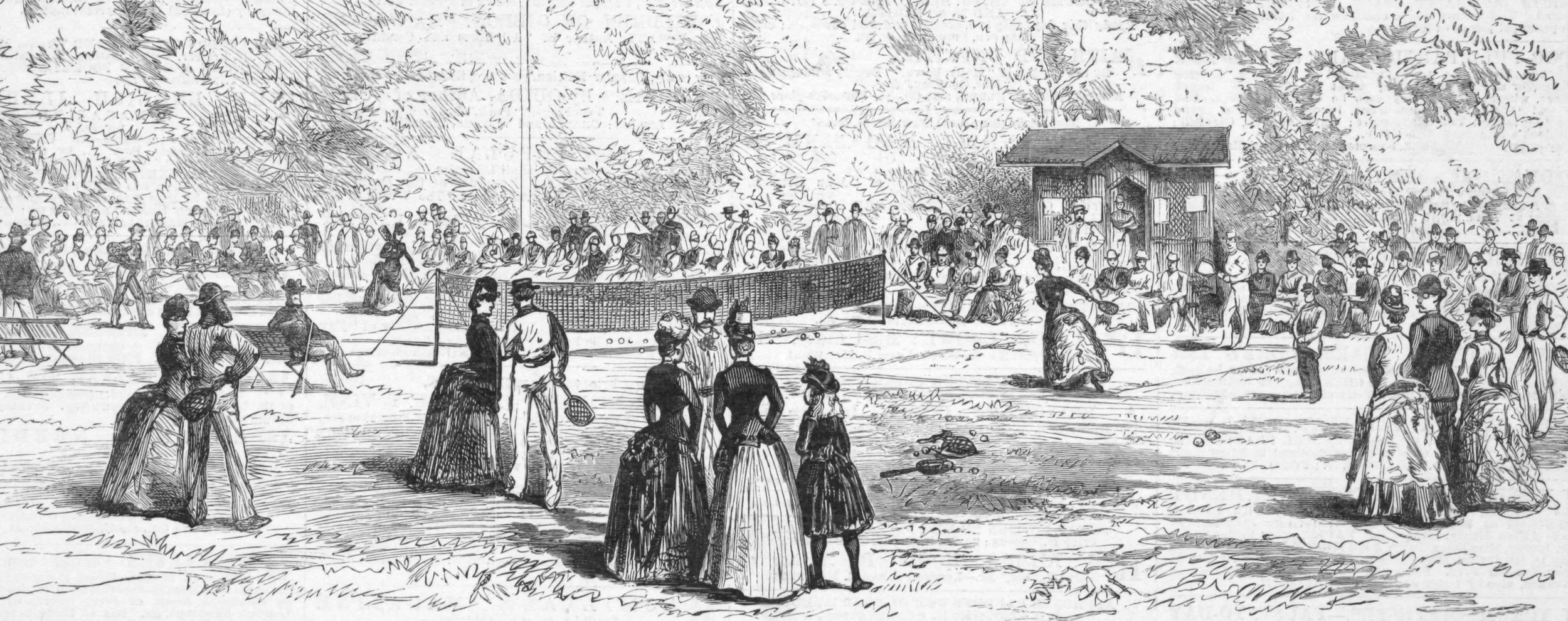
Historic Successes
1) Sir Robert Peel introduced the first ever police force in England, the Metropolitan Police Service in 1829. After becoming Home Secretary in 1822, crime and policing were his focuses and he also brought in the Gaols Act 1823. This separated men and women prisoners, introduced salaried guards, encouraged visits from doctors and chaplains, stipulated female wardens for women prisoners and made efforts towards rehabilitation.
2) Sir Robert also brought in the Mines Act 1842 which banned women and girls from working underground and introduced a minimum age of 10 for boys. The Factory Act 1844 also restricted children’s working hours, banned night shifts for children and introduced the first system of factory inspectors to enforce these rules.
3) The Royal Navy began fighting the slave trade with the West Africa Squadron formed in 1808, under Tory rule. Between 1808 and 1867 the squadron freed 150,000 Africans on board 1,600 slave ships. The Conservatives introduced the world-leading Modern Slavery Act 2015 to tackle slavery and human trafficking.
4) The Reform Act 1867 gave the vote to urban male working class men for the first time in England and Wales. This doubled the electorate. By the end of 1868 the vote had been extended to all male heads of households. It was also the Conservatives which gave women the right to vote on the same terms as men in 1928 under the Equal Franchise Act.
5) Benjamin Disraeli’s Public Health Act 1875 gave local authorities the responsibility for providing communities with clean water, good housing, sanitation, safe food standards and refuse disposal.
6) Under the Tories the first public steam railway opened in 1825 (Stockton and Darlington Railway). The expansion of the railways, as well as strong property rights supported the Industrial Revolution, which fostered higher living standards and technological advancements. The Bank Charter Act 1844 also brought stability by regulating the issuance of bank notes.
7) The Widows’, Orphans’ and Old Age Contributory Pensions Act 1925 introduced contributory pensions. This meant pensions were funded by contributions from employers, employees and the state, for those over 65. It also meant widows would receive a pension and there would be payments to orphans aged under 14, or up to 16 if still in school.
8) The Education Act 1944 made universal secondary school education free in England and Wales, pioneered by Conservative Education Minister Rab Butler MP. This was followed by a similar Act for Scotland in 1945.
9) In 1944, the Conservative-led coalition Government published a white paper titled ‘A National Health Service’ outlining the need for a free at the point-of-use, comprehensive and unified healthcare system. This led to the creation of the NHS in 1948.
10) The Conservatives had the first ethnic minority Prime Minister (Benjamin Disraeli, 1868), the first Asian heritage Conservative MP in 1895 (Mancherjee Bhownaggree), the first woman MP to take her seat in parliament (Nancy Astor, 1919), the first female Prime Minister (Margaret Thatcher, 1979), the first Asian heritage Prime Minister (Rishi Sunak, 2022) and first black leader of a major political party (Kemi Badenoch, 2024).
Sources:
1) History of Sir Robert Peel 2nd Baronet - GOV.UK and Prisons and prison reform, c.1700-c.1900 - Crime and punishment in 18th- and 19th-century Britain - Edexcel - GCSE History Revision - Edexcel - BBC Bitesize
2) History of Sir Robert Peel 2nd Baronet - GOV.UK, An Act to prohibit the Employment of Women and Girls in Mines and Collieries, to regulate the Employment of Boys, and to make other Provisions relating to Persons working therein. and Later factory legislation - UK Parliament
3) West Africa Squadron Memorial Fund and Modern Slavery Act 2015
4) Second Great Reform Act, 1867 - UK Parliament and 1928 Equal Franchise Act - UK Parliament
5) History of Benjamin Disraeli, the Earl of Beaconsfield - GOV.UK and Public Health Act 1875
6) Stockton and Darlington Railway: Engineering Pioneer | Institution of Civil Engineers (ICE), Bank Charter Act 1844, History | Bank of England, railwaysoccupations_oct112016.pdf and 1688-and-all-that-property-rights-the-glorious-revolution-and-the-rise-of-british-capitalism.pdf
7) Widows', Orphans' and Old Age Contributory Pensions Act 1925
8) The Education Act of 1944 - UK Parliament
9) The formation of the National Health Service
10) What Britain's second ethnic minority PM can learn from its first - CapX, Sir Mancherjee Merwanjee Bhownaggree - Person - National Portrait Gallery, nancy-astor-leaflet-web-version.pdf and Tory leader and Essex MP Badenoch 'shatters the glass ceiling' - BBC News